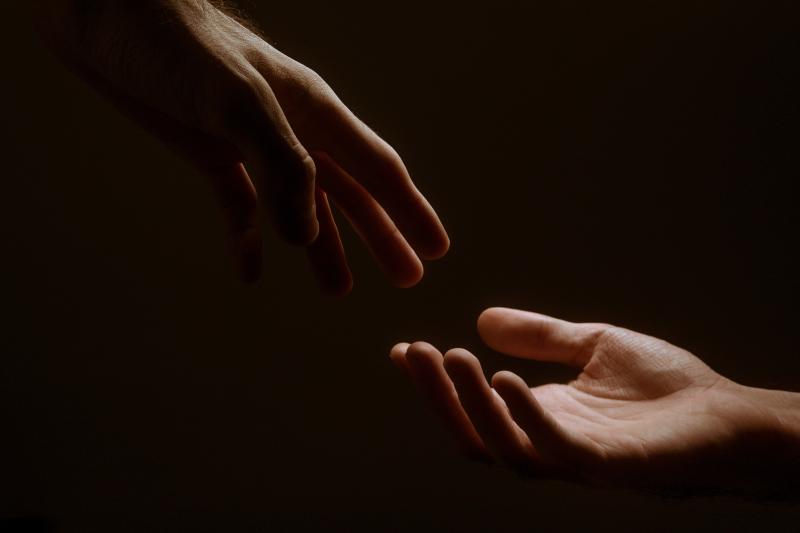
Lent 2022
By Lisa Buscher, RSCJ
This weekend at your local parish, you will hear one of two very different Gospel accounts, depending on the presence of those preparing for the sacraments of Baptism, Confirmation and Eucharist at Easter. At liturgies which include RCIA candidates (Rite of Christian Initiation of Adults preparing for the sacraments of initiation), you will hear John 11:1-45, the story of the raising of Lazarus of Bethany. At all other masses you will hear John 8:1-11, the woman accused of adultery.
In both Gospel readings I am drawn to the women and their experiences with Jesus. In John 11, it is Mary and Martha, the siblings of Lazarus. (Yes, it is the same Mary and Martha we know so much about from Luke 10 when Jesus visits their house and Mary settles at Jesus’s feet while Martha scurries in the background serving). In John 8, it is the woman condemned by the angry crowd, caught in adultery, brought before Jesus to judge (notably missing the man caught in the same act). In both accounts Jesus meets these women in their life experiences: Mary and Martha, in the throes of grief and loss of their brother; and the accused woman, whom Jesus remains WITH in the center of the accusatory crowd.
A few years ago, Pope Francis spoke of “the culture of encounter,” and invited each of us to work towards meeting the other in a compassionate way. Looking at people, not just seeing them; deeply listening so as to hear; stopping to be with, not just passing people by; allowing yourself to be moved/changed/transformed through the encounter with another. In today’s Gospel accounts Jesus listens to, looks at, stays with, is touched and changed by his experiences with these women… Most importantly, he is moved with compassion to act and those actions lead to life and dignity.
These stories remind and invite us to slow down, to tend, stop, look, touch, speak to and engage with those around us who are also in need of God’s loving compassion. We know too well our world prefers the fast, quick fix solutions. Maybe these readings can remind us to pause and draw with our fingers in the dirt, weep with those experiencing loss and grief, comfort those in crisis or in need of healing, invite a compassionate, embodied presence of encounter to our everyday life experiences.



